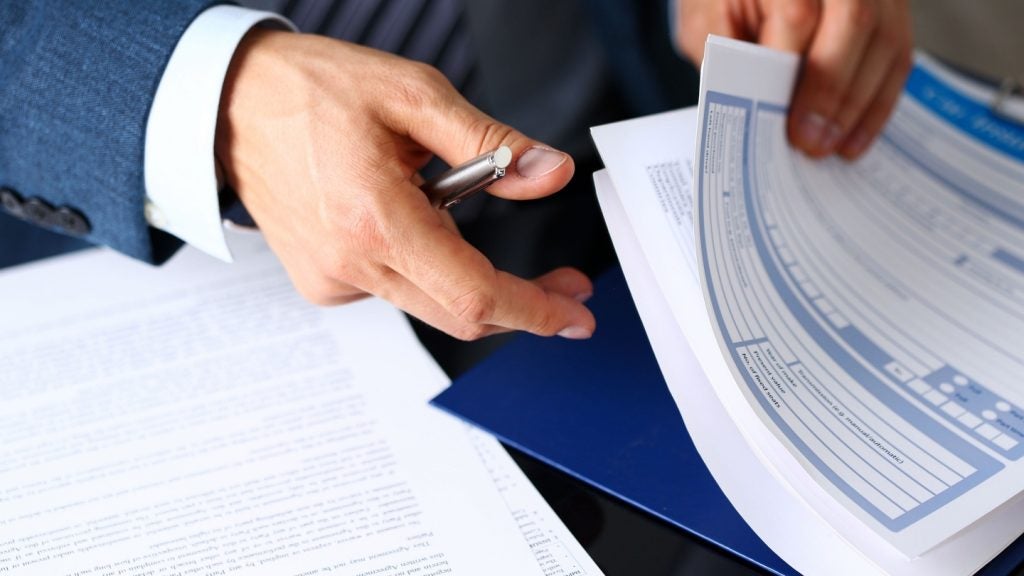
Over 17.5 million fans watched England’s Lionesses lift the European Championship trophy this summer, smashing both attendance and online viewing records for any previous female European tournament. Recently, the team has continued its successful run, qualifying for the 2023 World Cup at the top of Group D with a 10-0 win against Luxemburg. Both achievements were followed by a huge spike in media coverage and national support. Can such success and support spark long-term essential change for women’s sports?
Revenues in women’s sports In the UK are expected to reach $1.4 billion by 2030, due to its rising popularity as well as the greater social visibility and following of major female athletes. Higher popularity is linked to greater exposure and opportunity, including increases in prize winnings, sponsorships, media coverage, and participation. However, the reality is that most male-equivalent events are still more popular among sports fans. The next few years for women’s sports will be pivotal in reducing this gap.
Changes to the Women’s World Cup
Co-hosted by Australia and New Zealand, the women’s FIFA World Cup in 2023 is projected to become the biggest female sporting event in history. As the organizing body, FIFA has an opportunity to drive equality across men’s and women’s tournaments. Already, strides have been made to standardize both World Cups. For the first time, rights for the men’s and women’s World Cup are being marketed separately, accelerating the commercial potential of the women’s tournament. These rights have previously been passed freely to the holder of the men’s World Cup. Like the men’s, matches will be free-to-air, opening the opportunity for new and wider audiences. The tournament has also expanded from 24 to 32 teams, now matching the men’s tournament.
The ongoing debate around equal pay
While some sports have made significant strides in levelling the playing field, much more work needs to be done. The bonus pool for the men’s world cup this year sits at $440 million, compared to $60 million for next year’s women’s contest. The US women’s national team recently settled an equal pay lawsuit with the US Soccer Federation (USSF), with the athletes to receive $24 million. This decision by the USSF will hopefully set a precedent for other sporting associations. This pay gap was despite the women’s team generating a higher revenue than the men’s between 2016 and 2018. Furthermore, with both teams qualified for their respective world cups, the US teams recently announced that they will be splitting any winnings earned. Inspired by the fight for equality, other countries’ women’s teams, including Australia, Norway, and the Netherlands have all been successful in closing their pay gaps.
After decades of underfunding, little media coverage, and under-marketing of women’s sports, the changes in attitude and recognition are well deserved. But there is still a long way to go before a sense of equality is felt between genders. With an increased fanbase in women’s football and global exposure, the 2023 women’s World Cup is the ideal opportunity to publicly expose discrepancies between men’s and women’s sports. Comparisons against the 2022 Men’s World Cup in October 2022 will help to highlight inequalities and accelerate the need for a long-term call for change.
How well do you really know your competitors?
Access the most comprehensive Company Profiles on the market, powered by GlobalData. Save hours of research. Gain competitive edge.

Thank you!
Your download email will arrive shortly
Not ready to buy yet? Download a free sample
We are confident about the unique quality of our Company Profiles. However, we want you to make the most beneficial decision for your business, so we offer a free sample that you can download by submitting the below form
By GlobalData





